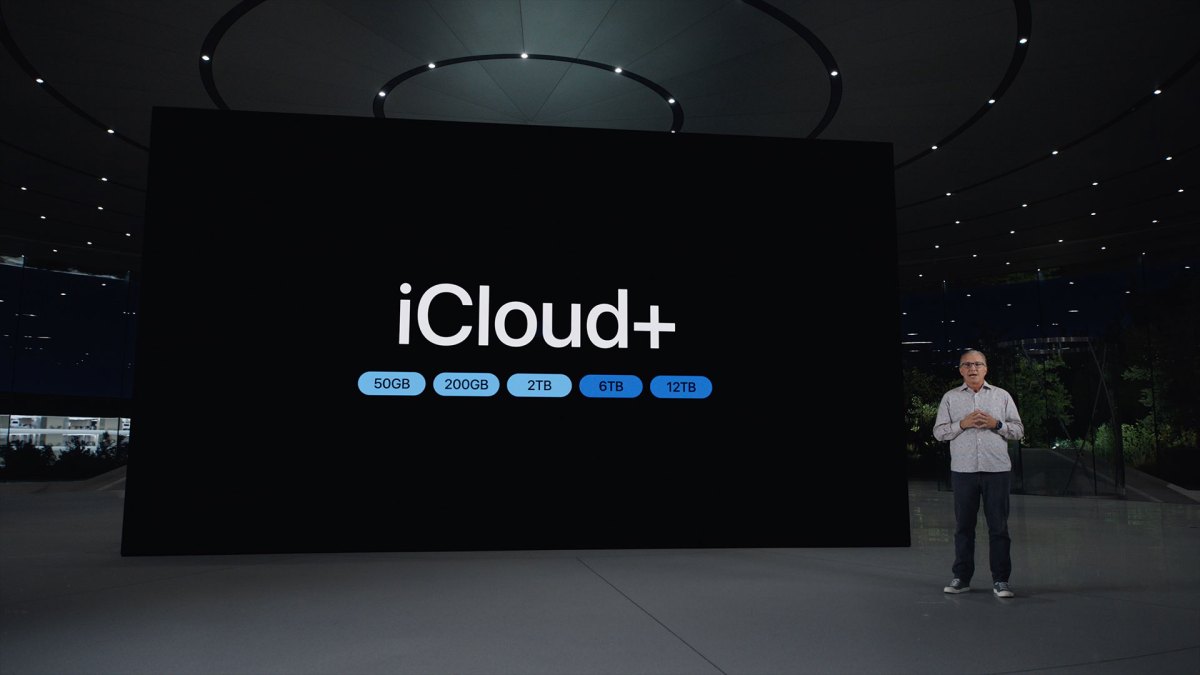U.K. consumer rights group ‘Which?’ is filing a legal claim against Apple under competition law on behalf of some 40 million users of iCloud, its cloud storage service.
The collective proceeding lawsuit, which is seeking £3 billion in compensation damages (around $3.8 billion at current exchange rates), alleges that Apple has broken competition rules by giving its own cloud storage service preferential treatment and effectively locking people into paying for iCloud at “rip-off” prices.
“iOS has a monopoly and is in control of Apple’s operating systems and it is incumbent on Apple not to use that dominance to gain an unfair advantage in related markets, like the cloud storage market. But that is exactly what has happened,” Which wrote in a press release announcing filing the claim with the U.K.’s Competition Appeal Tribunal (CAT).
The lawsuit accuses Apple of encouraging users of its devices to sign up to iCloud for photo storage and other data storage needs, while simultaneously making it difficult for consumers to use alternative storage providers — including by not allowing them to store or back-up all of their phone’s data with a third-party provider.
“iOS users then have to pay for the service once photos, notes, messages and other data go over the free 5GB limit,” Which noted.
The suit also accuses Apple of overcharging U.K. consumers for iCloud subscriptions owing to the lack of competition. “Apple raised the price of iCloud for UK consumers by between 20% and 29% across its storage tiers in 2023,” it wrote, saying it’s seeking damages for all affected Apple customers — and estimating that individual consumers could be owed an average of £70 (around $90), depending on how long they’ve been paying Apple for iCloud services.
A similar lawsuit — arguing Apple unlawfully monopolized the market for cloud storage — was filed in the U.S. back in March, and remains pending after the company failed to get it tossed.
U.K.-based consumers opted in
The U.K. claim is being being brought on an opt-out basis for U.K.-based consumers who are eligible to be included. Consumers who live outside the U.K. and believe they are eligible to be included must actively opt-in to join the action.
Which spokesman Tommy Handley told us eligible Apple customers include “anyone who has ‘obtained’ iCloud services, including non-paying users, over the nine-year timeframe since the Consumer Rights Act came into force on October 1st, 2015.
Handley also confirmed that the £3 billion compensation figure accounts for potential opt-outs, duplicates and mortality.
Which is a non-profit but the litigation is being funded by Litigation Capital Management (LCM), a major global litigation funder, which it says has committed to seeing the action through to the end.
At the same time, Which is urging Apple to resolve the claim without the need for litigation — by offering consumers their money back and opening up iOS to allow users “a real choice” for cloud services.
Commenting in a statement, Which’s chief executive Anabel Hoult said: “By bringing this claim, Which? is showing big corporations like Apple that they cannot rip off UK consumers without facing repercussions. Taking this legal action means we can help consumers to get the redress that they are owed, deter similar behaviour in the future and create a better, more competitive market.”
Assuming Apple doesn’t seek to settle out of court, the next stage for the litigation will hinge on whether the CAT grants permission for Which to act as a class representative for consumers and allows the claim to proceed on a collective basis.
There has been an uptick in class action-style competition suits against Big Tech in recent years following a wave of antitrust enforcements on both sides of the Atlantic that’s still playing out in terms of full outcomes and business impact.
In the U.K. Apple has also been targeted in a class-action style antitrust suit brought on behalf of developers last year, in relation to App Store fees.
Also last year, a separate U.K. suit targeted Apple and Amazon alleging price collusion.




